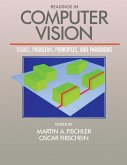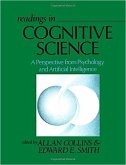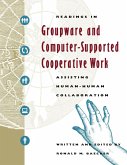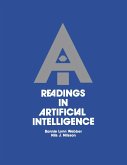Comprised of eight chapters, this book begins with a historical background on fuzzy sets and possibility theory, citing some forerunners who discussed ideas or formal definitions very close to the basic notions introduced by Lotfi Zadeh (1978). The reader is then introduced to fundamental concepts in fuzzy set theory, including symmetric summation and the setting of fuzzy logic; uncertainty and informativeness; and fuzzy control. Subsequent chapters deal with approximate reasoning; information processing; decision and management sciences; and membership, cognition, neural networks, and learning. Numerical methods for fuzzy clustering are described, and adaptive inference in fuzzy knowledge networks is analyzed.
This monograph will be of interest to both students and practitioners in the fields of computer science, information science, applied mathematics, and artificial intelligence.
Dieser Download kann aus rechtlichen Gründen nur mit Rechnungsadresse in A, B, BG, CY, CZ, D, DK, EW, E, FIN, F, GR, HR, H, IRL, I, LT, L, LR, M, NL, PL, P, R, S, SLO, SK ausgeliefert werden.









